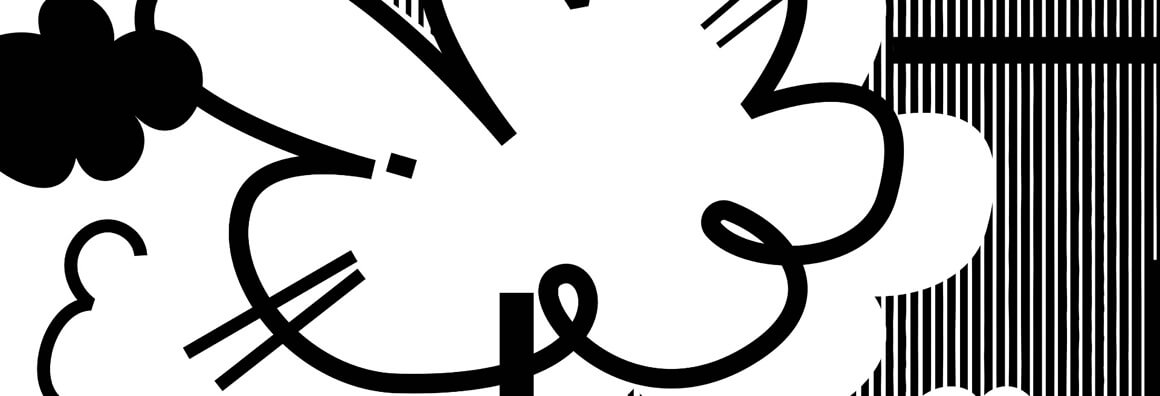Call for Papers: Performing Imagined Communities on Stage: On the Revival of Popular Music and Comedy in East-Central and Eastern Europe
Workshop, 25/26 June 2026, Leibniz Centre for Contemporary History Potsdam (ZZF)
Organisers: Indira Anna Hajnács (GWZO) and Daria Ganzenko (ZZF) within the Leibniz Cooperative Excellence research project Adjustment and Radicalisation
The democratisation process and gradual opening of East-Central and Eastern European societies from the 1980s onwards enabled the comeback of a popular culture formerly marginalised, regimented, and repressed in socialist societies. Now, it broadly flooded the newly emerging commercial market economies. With its expressive and entertaining use of uncensored words and emotion, fostering experimentation, cross-border circulation, and cultural exchange, this revival of popular culture enabled the emergence of new local and transnational trends, actors, and audiences. New genres of folk music (Disco Polo in Poland, nomadic tunes in Hungary, or post-Yugoslav Turbo-Folk) and comedy formats (Late Night shows and stand-up comedy across the region) enthused a large and broad public.
However, since the 2010s, the region has experienced a gradual re-centralization of cultural politics, intertwining of populism and popular culture (Dunkel & Schiller 2024; Sakki & Martikainen 2020; Győri & Mazierska 2019; Barna 2019) accompanied by ‘closing’ (or even isolationist) tendencies, the redirection of resources into ideologically aligned new networks, and the strengthening of authoritarian political imaginaries. The post-socialist ‘transformation’ in East-Central and Eastern Europe thus encapsulates a condition of ongoing tension—an evolving process shaped by clashing and often contradictory dynamics. On the one hand, societies across the region have transitioned toward market economies, democratisation, and engagement with transnational cultural currents. On the other hand, many have witnessed the consolidation of populist regimes, renewed censorship, and the curtailing of artistic freedoms.
Against this backdrop, popular culture remains an active participant in the (re)shaping of meanings and values, offering a medium through which individuals and communities interpret, negotiate, and contest social realities. Among the most popular performative genres in the region, music and comedy in particular both mirror and intervene in these processes. Using various artistic devices, both musicians and comedians engage their audiences as interpretive communities, eliciting affective responses and creating emotional resonance that shape experiences and meanings (DeNora 2000; Reichl & Stein 2005). While humour often depends on shared codes and contexts, popular music’s melodies and lyrics unite listeners. Both genres thus contribute to identity formation and a sense of belonging, carrying significant social and political weight. As such, they create spaces of “cultural reflexivity” (Bauman 1989; Milne 2004), enabling individuals and groups to rework trauma, create ironic distance, or subvert dominant norms—while sometimes reproducing hegemonies or serving as tools of political mobilisation. Fan communities also play a central role in this process, not only by consuming but by actively reinterpreting and circulating cultural content. Such practices may foster solidarity and belonging but can equally bring forth readings that challenge dominant narratives and representations.
Considering current developments—illiberal tendencies (Mihelj & Stetka 2024; Laruelle 2022), the “mainstreamisation of the extreme” (Naxera 2023; Bozóky 2016; Feischmidt & Hervik 2015), and the far-reaching consequences of Russia’s war against Ukraine, this workshop explores how popular music and comedy shape imagined communities in East-Central and Eastern Europe.
We therefore invite contributions that address, but are not limited to, the following questions:
- How do popular music and comedy reflect, resist, or reproduce political and cultural transformations in post-socialist contexts?
- In what ways do these genres contribute to a rethinking of communities and a renegotiating of national identities?
- How are comedy and music mobilised for political or ideological purposes since the 1980s, and where do they act as sites of resistance?
- How do audiences and fan practices shape or subvert dominant cultural frameworks?
- What new insights can we gain about regional specificities by focusing on vernacular forms of expression?
Intellectual discourse on the region is often marked by the tension between emic and etic perspectives: What appears emancipatory from within may seem authoritarian from without. Building on this tension, the workshop invites reflections on how “imagined communities” negotiate the meanings of post-socialist and post-communist realities, often framed as “the transitional phase en route to the final stage of history—neoliberal capitalism” (Kirn 2019), through the lenses of popular music and comedy.
Given the affective and performative power of these genres, we particularly welcome ethnographic, performance-based, and affect-oriented methodological approaches.
Submit an abstract (max. 300 words in English) along with a short bio (ca. 50 words in English, including name and institutional affiliation) by January 10, 2026 to: indira.hajnacs@leibniz-gwzo.de and daria.ganzenko@zzf-potsdam.de
Notifications of acceptance: early February 2026
Workshop participation is free of charge. We have a limited budget to refund accommodation and travel costs. Please indicate if you would like to receive financial support.
